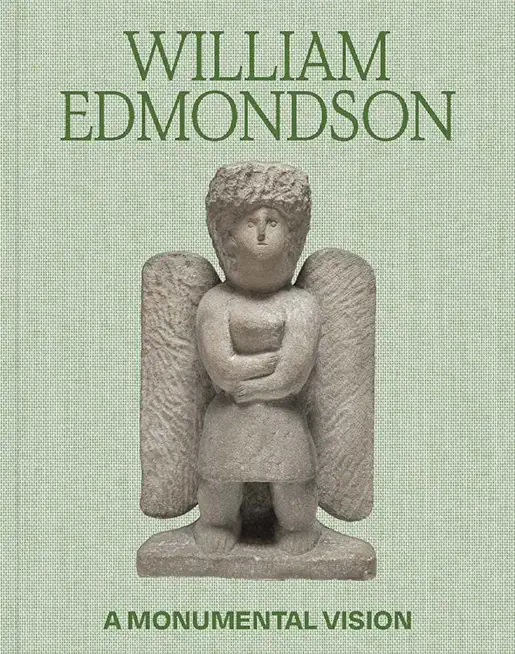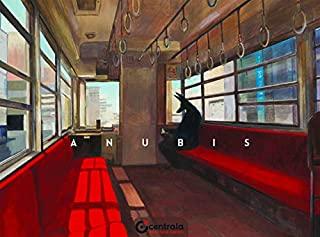
description
ist William Edmondson, exploring the enduring relevance of his work This richly illustrated volume reintroduces readers to American sculptor William Edmondson (1874-1951) more than 80 years after his historic solo exhibition at the Museum of Modern Art. Edmondson began carving at the onset of the Depression in Tennessee. Initially creating tombstones for his community, over time he expanded his practice to include biblical subjects, the natural world, and recognizable figures including nurses and preachers. This book features new essays that explore Edmondson's life in the South and his reception on the East Coast in the 1930s. Reading the artist through lenses of African American experience, the authors draw parallels between then and now, highlighting the complex relationship between Black cultural production and the American museum. Countering existing narratives that have viewed Edmondson as a passive actor in an unfolding drama--a self-taught sculptor "discovered" by White patrons and institutions--this book considers how the artist's identity and position within history influenced his life and work. Distributed for the Barnes Foundation
(June 25-September 10, 2023)
Exhibition Schedule:
(June 25-September 10, 2023)
member goods
No member items were found under this heading.
Return Policy
All sales are final
Shipping
No special shipping considerations available.
Shipping fees determined at checkout.







